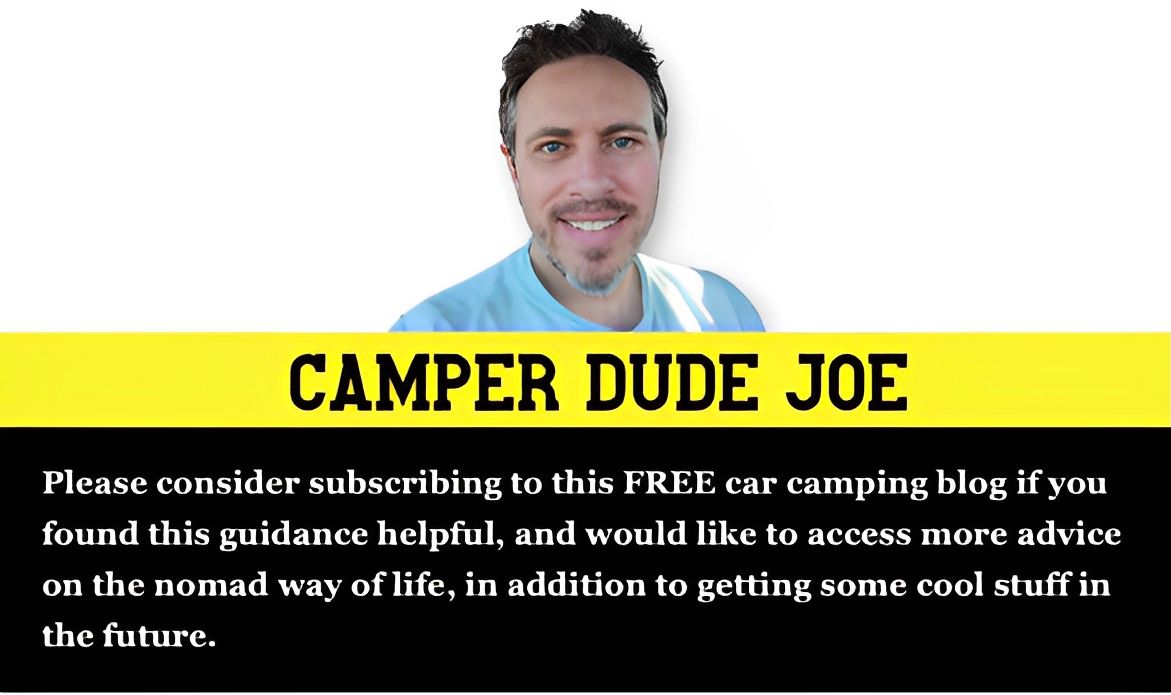Park Overnight FREE [The Best Places to Sleep in Your Car]
![Park Overnight FREE [The Best Places to Sleep in Your Car]](/content/images/size/w1200/2023/04/Best-Places-to-Sleep-in-Your-Car.png)
Finding a safe place to park for the night is sometimes tough.
Maybe you’re a beginner at stealth camping, perhaps you’re visiting a new area, or, you just might be concerned about getting hassled or ticketed. No worries…
I’m going to reveal some of the best places to sleep in your car. Even better, all of these option are totally FREE, and I use them all the time myself!
Take a few minutes to read through this short article, and you’ll soon be a pro at finding places to park and sleep.
What Is Stealth Car Camping?
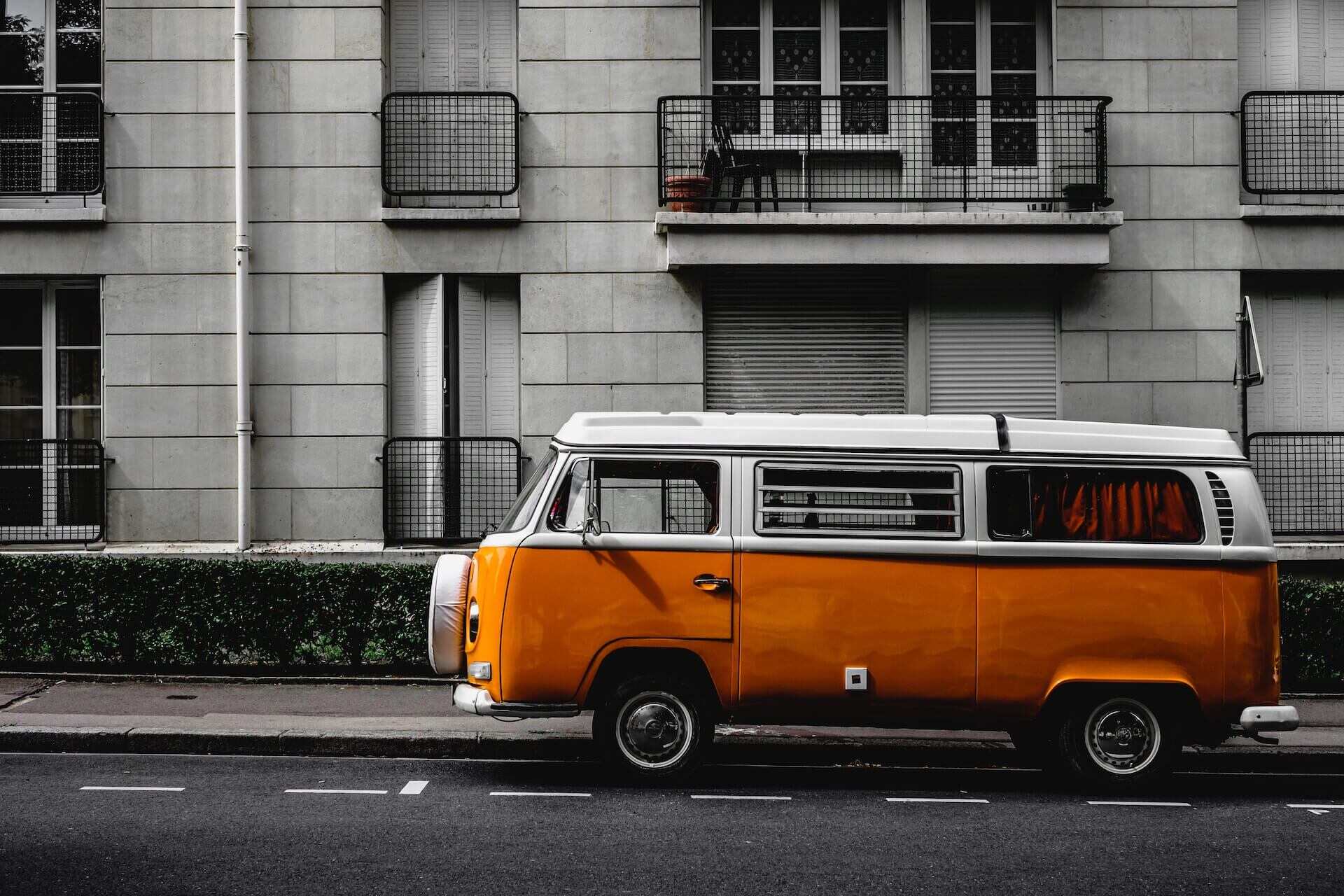
People who sleep in cars - either temporarily or full-time - usually practice stealth car camping.
This is the act of finding free places to park and sleep in a vehicle, usually for a night or two at each location. For example, a Walmart parking lot, etc.
In general, most stealth spots tend to be located in higher visibility, well-trafficked urban areas. Because of this, the need to remain “stealth” is very important.
While you can legally sleep in your car, many businesses and residential communities frown upon this, as they consider the practice an eyesore. So, the more that you can go unseen, or stealth, the better.
What are the Safest Places to Sleep in Your Car?
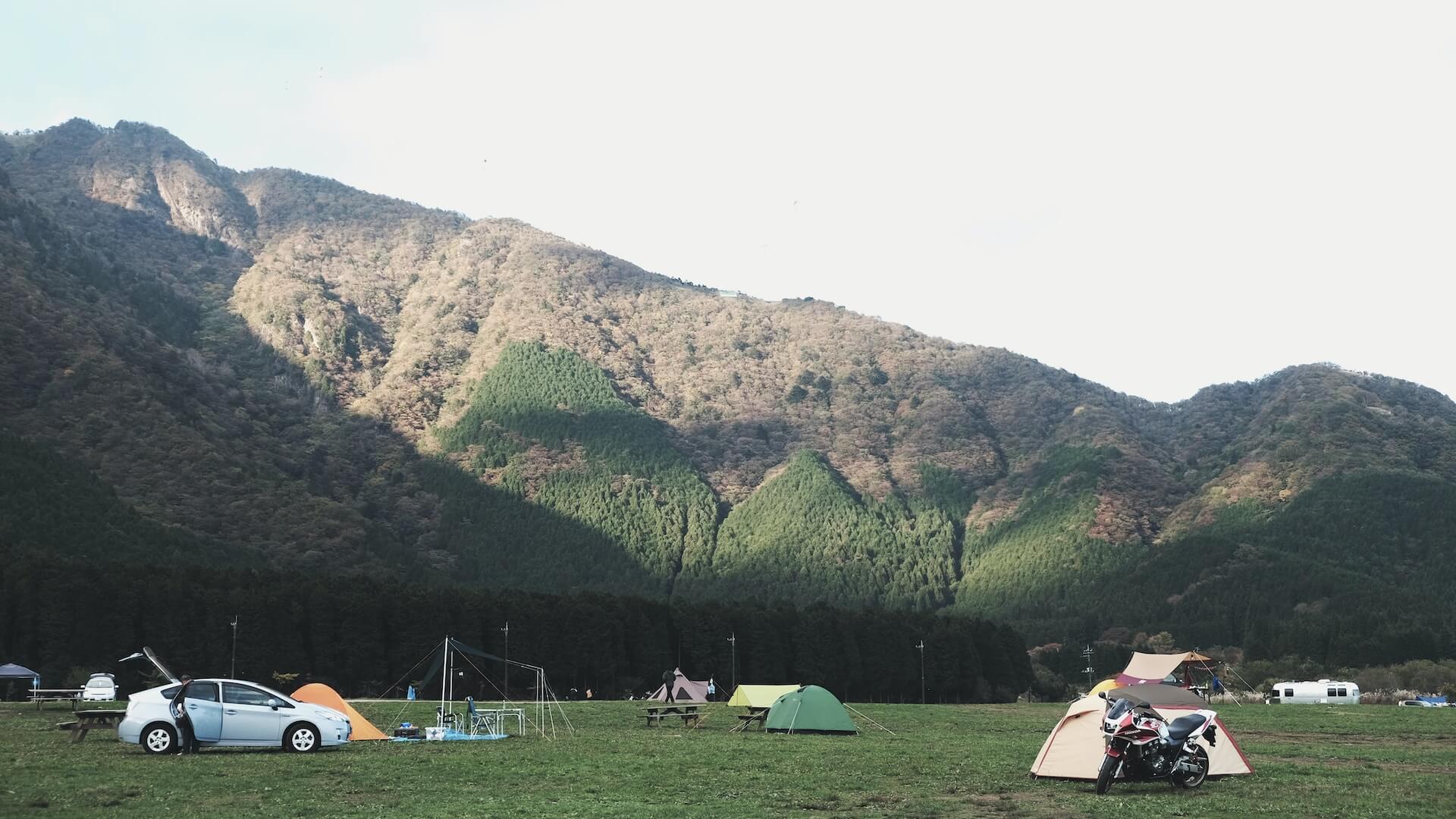
Generally speaking, as long as there are no ordinances against overnight parking, and if the neighborhood you’re in isn’t known for being a high crime area, most places are fairly safe to sleep and get some shuteye.
This doesn’t mean you should be off-guard and let your defenses down, but as long as you aren’t sticking out like a sore thumb you should be fine wherever you happen to be.
What are the Best Free Places to Sleep in Your Car & Park Overnight?
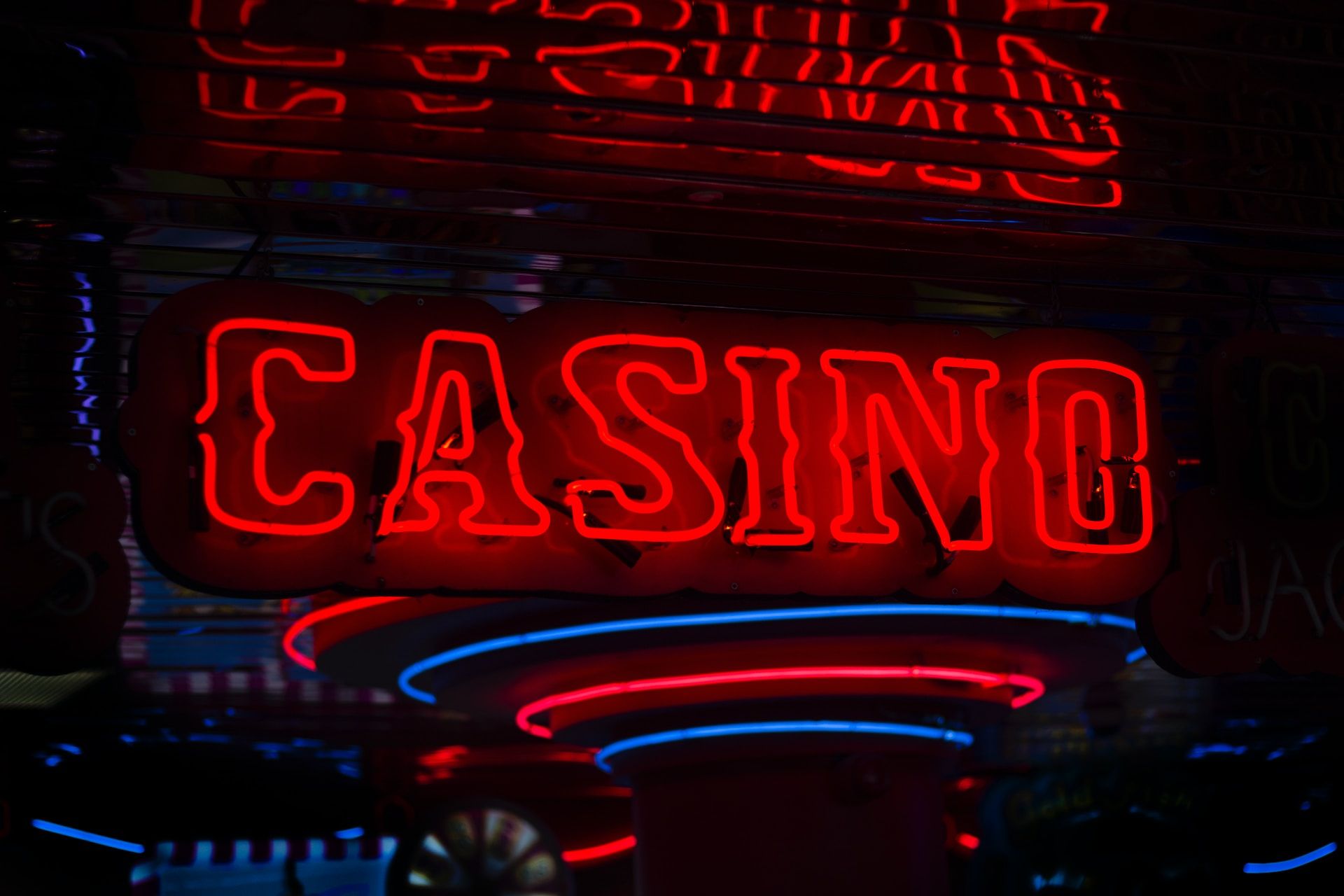
Aside from being totally FREE, some of the places on this list offer restrooms and are open 24 hours!
- Cracker Barrel
- Walmart
- Cabela’s
- Home Depot
- Grocery Stores/Supermarkets
- Mall Parking Lots
- Church Parking Lots
- Bus & Train Commuter Parking Lots
- Casino Parking Lots and Garages
- Hospital Parking Lots and Garages
- Hotel/Motel Parking Lots & Garages
- Highway Rest Stops
- Truck Stops
- Welcome Centers
- Scenic Overlook Areas
- Beach Parking Areas
- Fishing Parking Areas
- State & National Parks
- BLM Land (Bureau of Land Management)
Many Walmart locations no longer allow overnight parking. But lots still do. It is VITAL that you look for and read any posted signage. Additionally, another tip is to keep an eye out for truckers. If you see them parked for the night, you should be good to go.
How Can I Sleep in My Car Without Getting Caught?
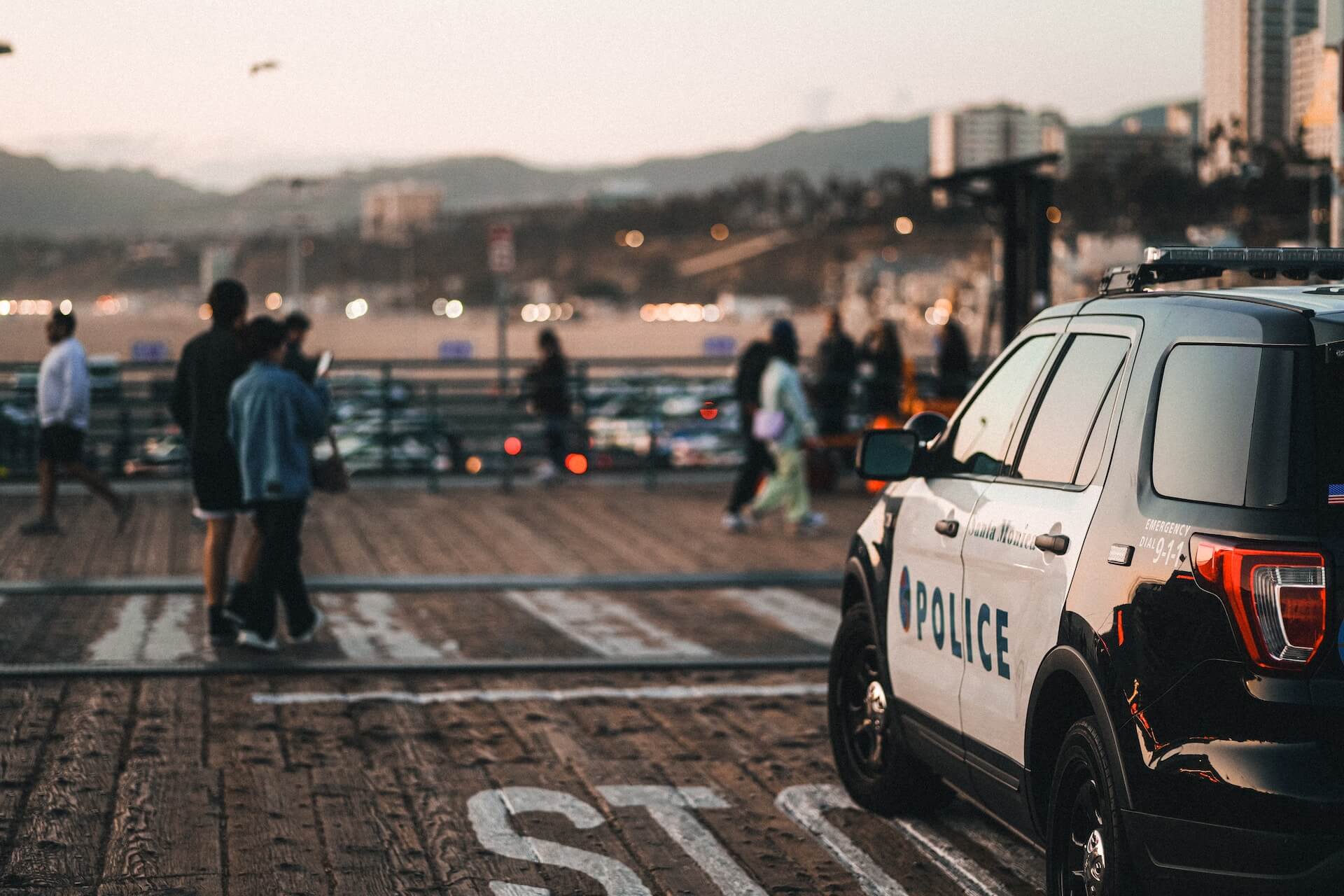
The absolute best rule for car dwellers is simple: Don’t stay where you shouldn’t.
Avoid places that don’t allow overnight parking, or which prohibit sleeping in a vehicle. Follow just this one tip and you will rarely encounter any issues.
Outside of this, here are a few best practices you should keep to prevent any sticky situations…
- Try to arrive at your spot after dark, and leave before sunrise, or shortly after
- Once you’re in your vehicle for the night, avoid getting out again. Too much movement draws attention and looks suspicious
- Use window covers! They will give you privacy and prevent people from seeing that you’re sleeping in a car
- Keep noise to a minimum (talking, watching videos, playing music, etc.) and use headphones whenever possible
- Don’t leave interior lights on, or for extended periods. This is a dead giveaway that someone is in the car
- Avoid getting in or out of your vehicle when lots of people are around
How Do You Find Places That Allow Overnight Parking?
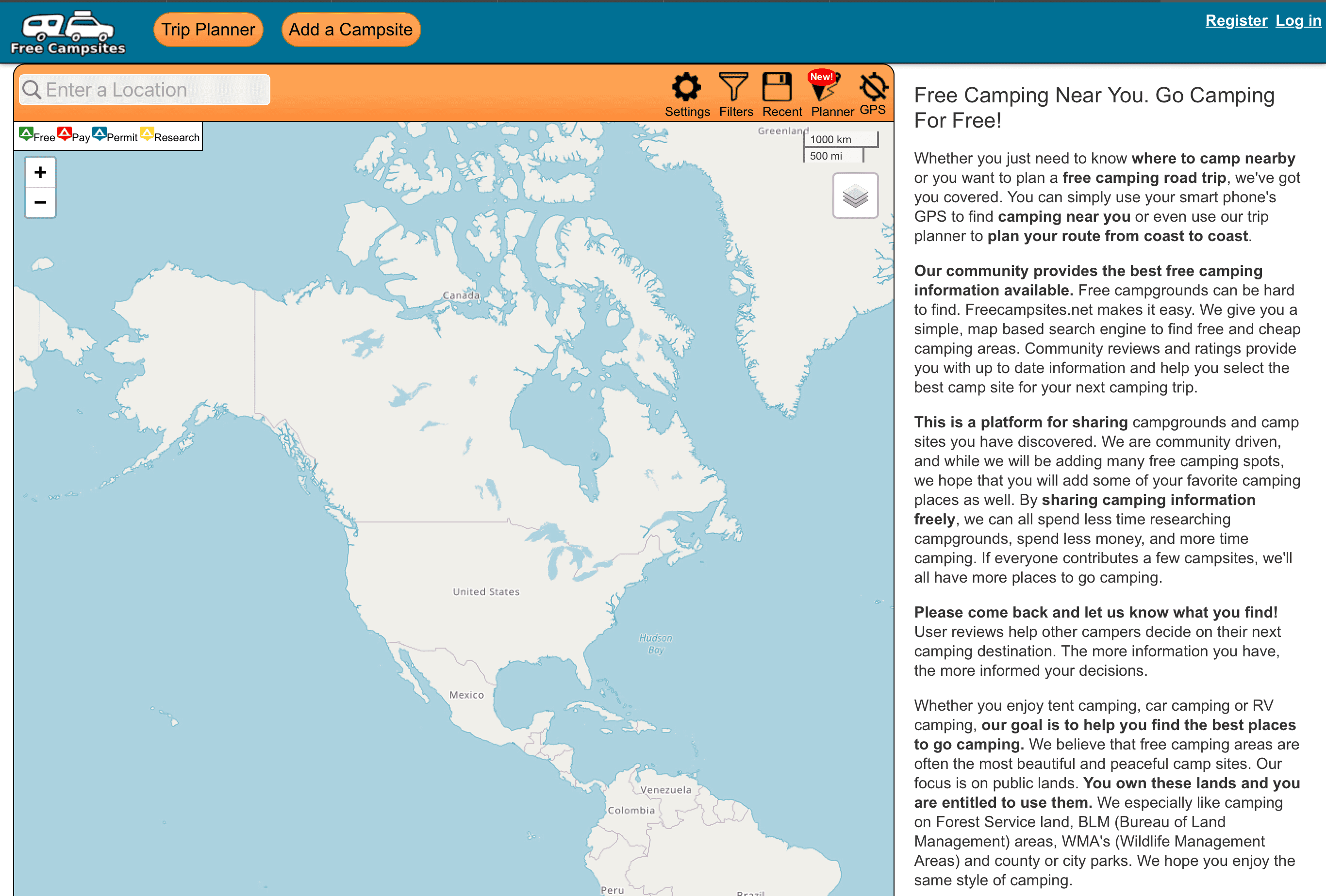
Most websites cater to RV'ers, and are geared towards staying at private (paid) campgrounds. This is what you don't want. The resources I've listed below are SPECIFICALLY for vehicle-dwellers, and are perfect for finding tons of free sleeping spots.
- FreeCampsites.net - Awesome website with tons of free stealth camping spots
- InterstateRestAreas.com - Great for finding no-cost spots with safe places to sleep
- FindTruckService.com - Helpful site to locate nearby showers, truck stops, 24-hour service stations, etc.
If you want to find a bunch of places where you can park overnight without getting into trouble, definitely bookmark these 3 websites!
Why Sleep or Live in Your Car?
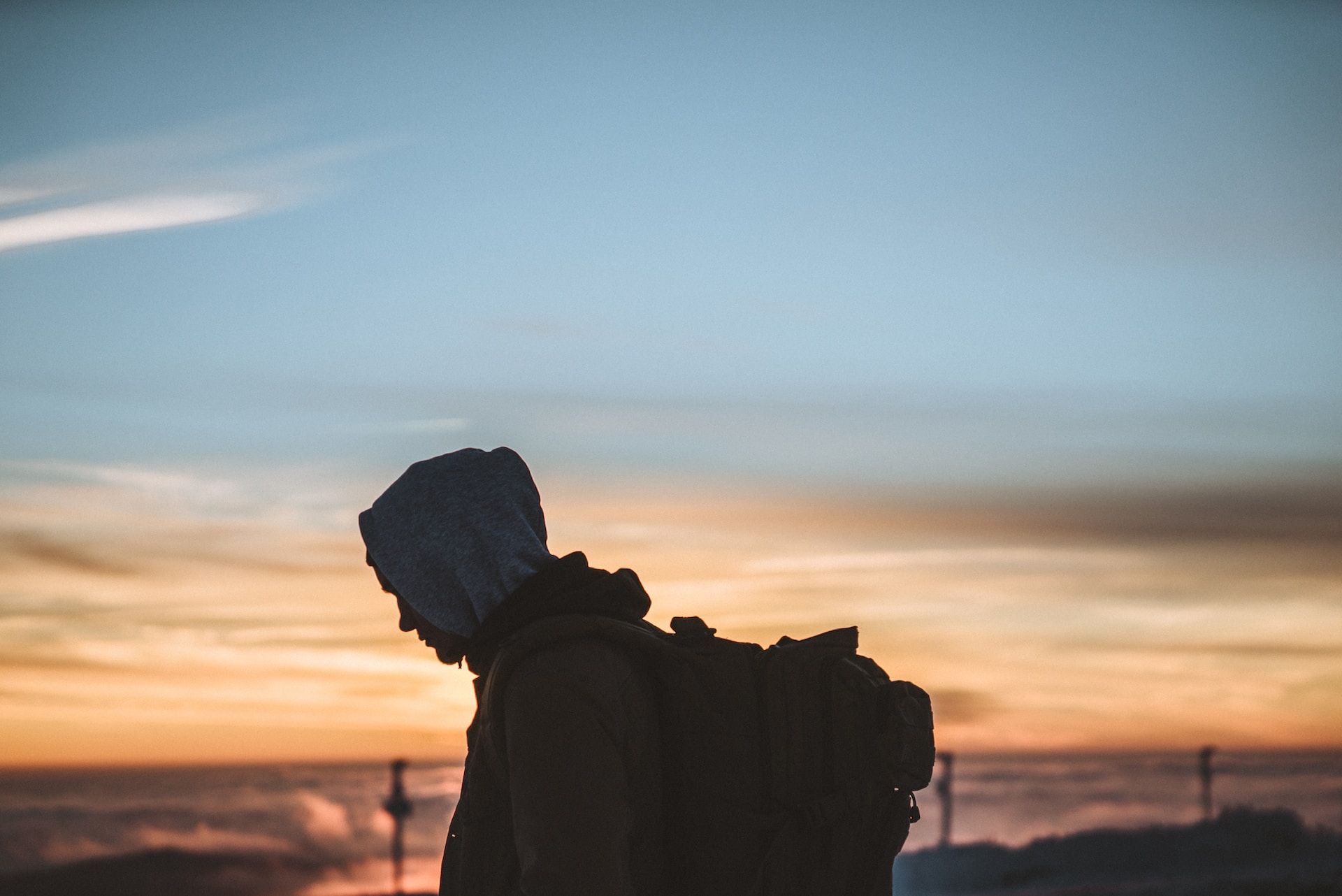
People sleep or live in vehicles for countless reasons. Some of them are…
- It’s free, and lots of individuals can’t afford rent, mortgage payments or expensive hotel rooms
- There are many full-time nomads that travel continuously, and this is the most convenient option
- Some people enjoy camping from time to time, and find sleeping in a tent uncomfortable
- There are thousands of minimalists around the globe who prefer ‘living tiny’
- Many like the adventure aspect of it, and thrive on the challenge
Is It Illegal to Sleep Overnight in Your Car?
No, sleeping overnight (or at any other time) in your car is not illegal.
Is it Legal to Sleep in Your Vehicle in a Business’ Parking Lot?
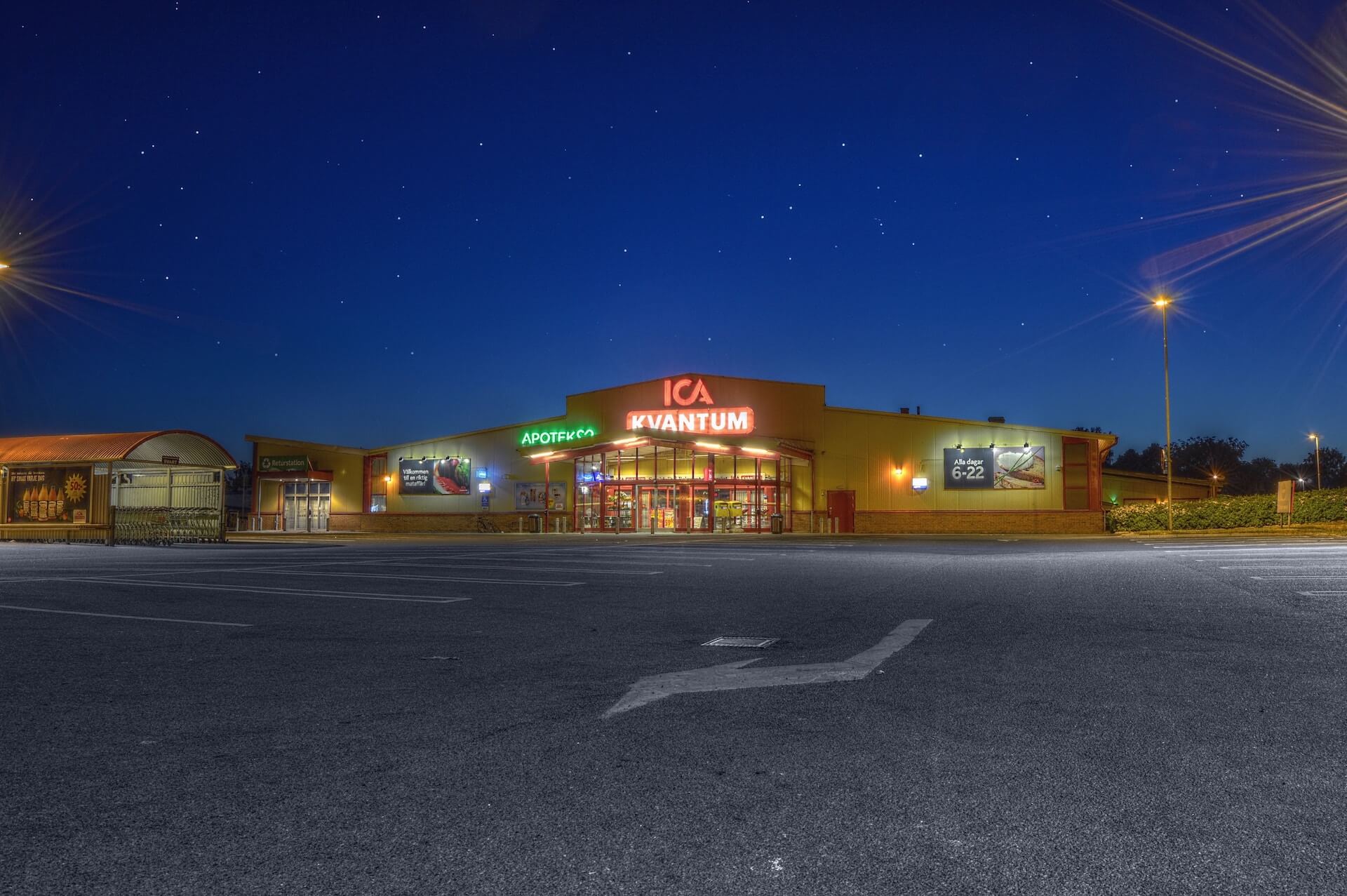
Sleeping in your vehicle is totally legal, but parking overnight may not be. It’s different with each business, location, etc. This is the loophole they use to get around letting people live in their parking areas.
Because these are private enterprises, they have the final say on what activities can - and cannot - happen on their premises.
The vast majority of places that I’ve shared in this article DO allow overnight parking, which means you will rarely experience any headaches…but not 100% of the time.
Always, always, always check for posted signage. Any type of verbiage like; “No Overnight Parking”, No Long-Term Parking”, and so forth usually means you aren’t wanted.
If you’re ever unsure and would like to be certain, a friendly call to the store manager is advised.
As I mentioned earlier, quite a few Walmart locations have banned parking overnight. Though many still allow it, be extra cautious when staying at one.
Am I Allowed to Sleep at a Highway Rest Stop or Truck Stop?
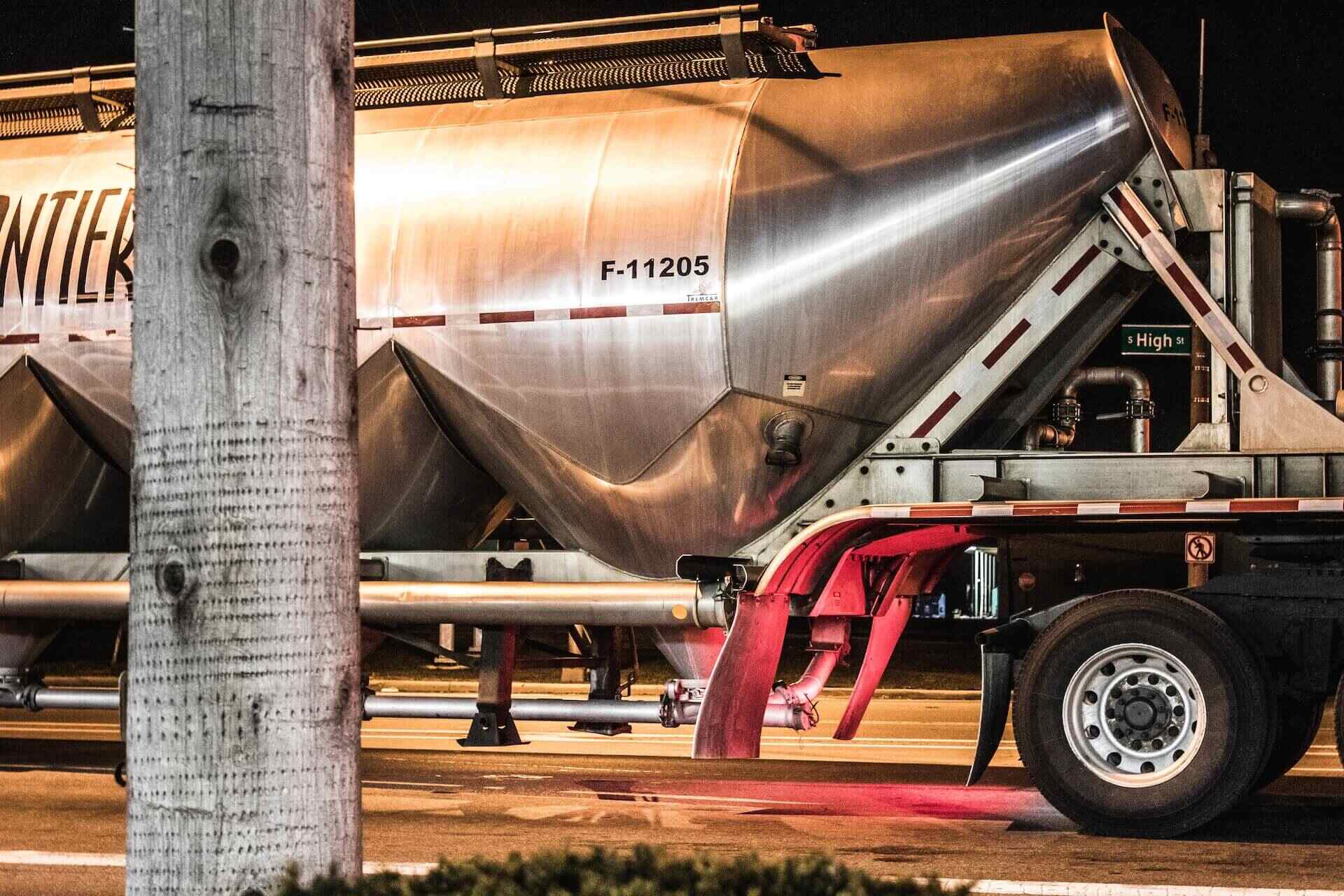
In almost all cases, yes. There are some states that don’t allow sleeping overnight at highway rest stops, but in my opinion, it’s highly unlikely that you’ll ever be bothered, as long as you’re just there for a night or two.
In rare instances where people do get hassled by cops, it’s usually because: they do something stupid, they stay way too long (many days or weeks on end), or they have some type of violation, such as a suspended drivers license, registration, etc.
After 13 months of living full-time as a nomad, I consider these some of the best free camping options out there. You can park overnight, they’re well-lit places, and are generally pretty safe. As an added bonus, you can always pick-up good WI-FI.
Can I Sleep in My Car on a City Street or in a Residential Area?
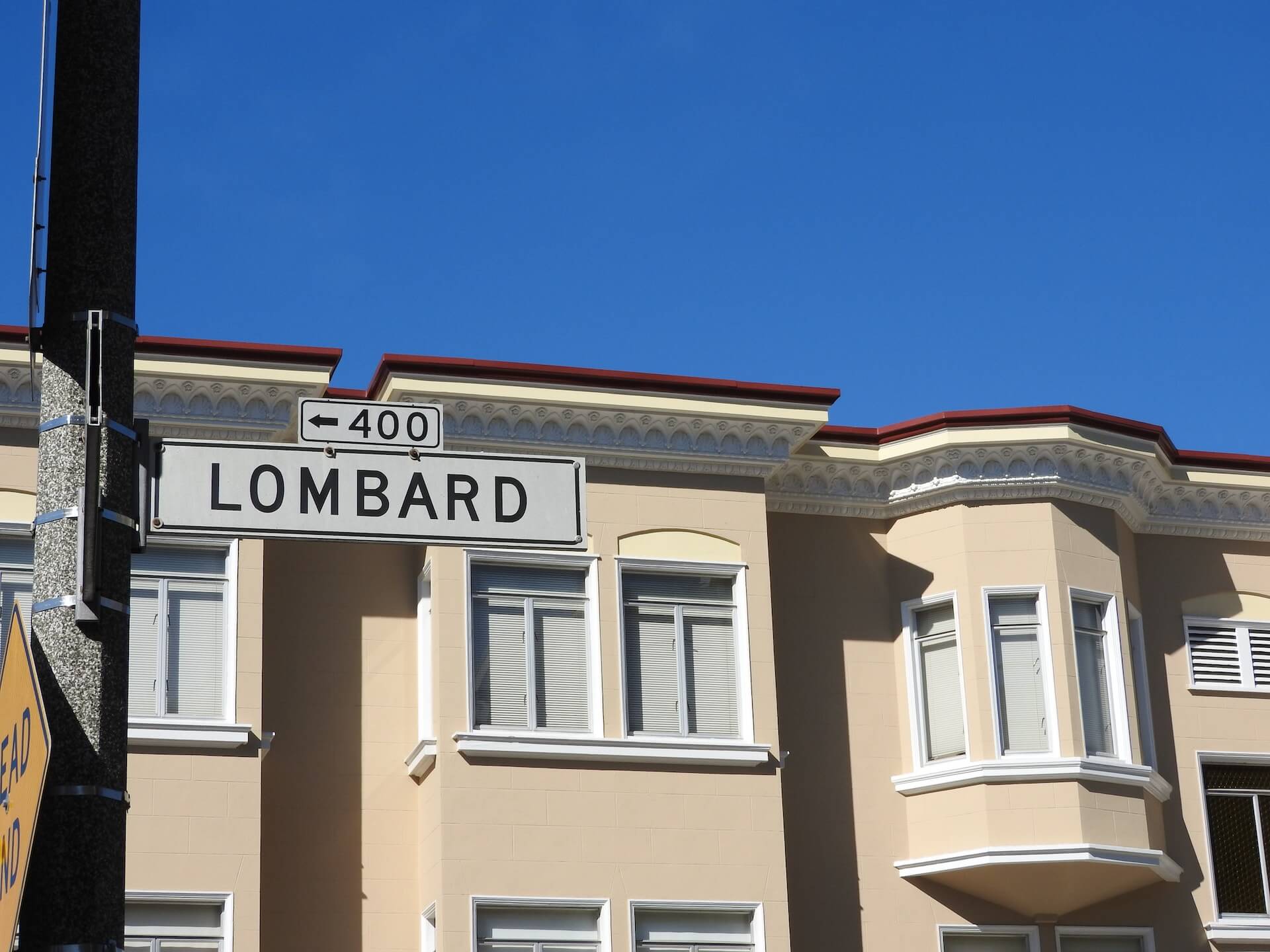
This one is complicated. Since you are legally able to park in most residential neighborhoods in the U.S., one would think that sleeping in a vehicle should also be legal. However...
Many communities across the country are starting to adopt laws that prohibit sleeping in a vehicle in residential areas. And it can be difficult (if not impossible) to know these laws if you are new to a certain locale.
But you should make a habit of doing your homework before parking by checking street signs and getting a feel for the situation.
This is why it is ALWAYS best to practice good stealth camping etiquette. Additionally, never stay for more than a few nights (at most) in any one location.
Try to check on any particular city ordinances online, and do some general research ahead of traveling to a new destination.
Things to look out for include: parking limits and regulations regarding vehicle size or length of stay, if parking permits are needed, street cleaning and alternate-side parking times, etc.
Carefully reading posted street signs will usually be enough to assess the situation. Though, sometimes you will have to do a bit more legwork, and you should follow my tips above.
All of this being said, you will encounter no problems in the vast amount of places that you visit.
What is Dispersed Camping and How Does it Work?
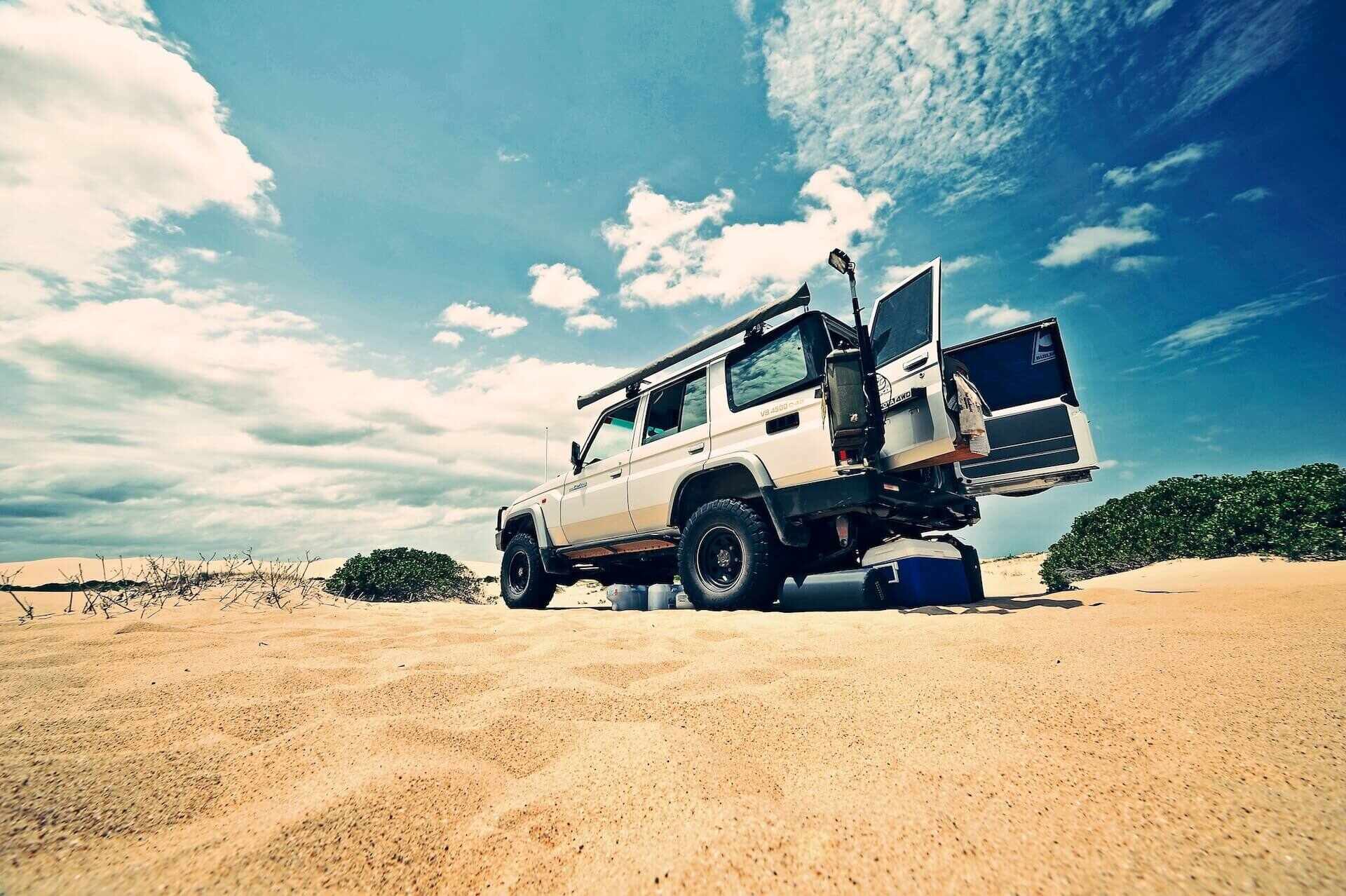
While this term sounds fancy and complicated, it basically means: camping without utilities on any type of public land, but not in a traditional campsite.
Lots of full-time nomads go road tripping far & wide, and usually spend at least some time enjoying this type of camping.
Most dispersed camping is done on BLM land (Bureau of Land Management), though it can also be in county, state, and national parks. It is never in a private campground.
What differs BLM land from a traditional campsite is the following…
- Totally free
- No designated campsites - first come, first served
- No access to bathroom facilities, water or electrical hook-ups
- Staying on BLM land only provides 14 days - 16 days of camping, before you must move
BLM camping is mostly in the western half of the United States. State and National parks are many, and are scattered throughout the country, although the west coast has a larger amount of parks.
What’s really nice about the dispersed option, is that there are usually MANY places to park and sleep at each location, though some spots can & do get crowded at certain times of the year.
Most BLM sites - as well as parks - are located in gorgeous settings among the mountains or desert regions. Nature is literally your backyard!
While all of this might sound too good to be true, it’s not. Dispersed camping is some of the best that you can do when you’re traveling.
But there area few minor downsides. As mentioned above, you will not have access to electrical hook-ups, water or bathrooms. There are some exceptions to this, though very few.
You must be totally self-sufficient and prepared when dispersed camping.
Also, forget about any “luxuries’” like picnic tables, fire rings, and so forth. They almost never exist. Heck, just being able to get cell reception in most of these locations is a miracle!
Don’t forget to follow Leave No Trace principles. It’s not only courteous, but it helps protect these valuable resources for future generations.
What is the Safe Parking Lot Program?
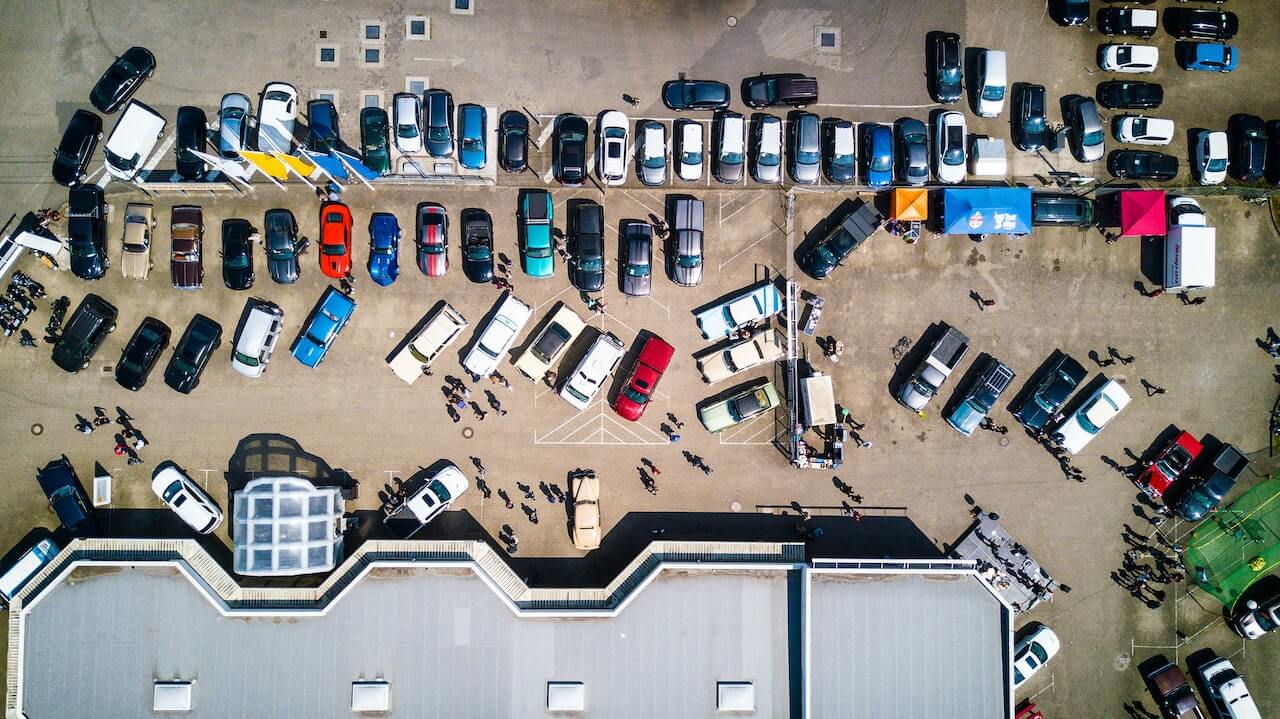
Recognizing the lack of affordable housing options, many states are offering free overnight parking in parking lots to those who are experiencing financial hardships.
This is a fantastic option to get some sleep if you’re living in your car.
While most of these state-run programs don’t allow RV’s, for car dwellers like you and I, that isn’t a problem.
The majority of SPLP’s offer on-site security and even have bathroom facilities, which is a major plus.
Not all states offer these programs, but I expect that more and more eventually will as the gap between middle and lower classes becomes smaller.
On a side note, many churches are now stepping in and starting similar programs around the country.
To see if there’s a SPLP near you, just type “safe parking lot program (your state)” into Google and go from there.
Final Thoughts
If you’re looking for a place to get a good night’s sleep, you now have a ton of possibilities to explore.
All of the locations I’ve listed allow free overnight parking, and in most cases, you’ll also have access to nearby restrooms and other conveniences.
One of the major benefits of the nomad lifestyle is being able to live cheaply. But this doesn't mean you have to sacrifice when it comes to your shuteye.
Try the many places I've shared and see which works best for you, but always be on the lookout for new spots...they are everywhere!
Do you have any thoughts about this article? Are there any tips or spots of your own you'd like to share? If so, leave a comment!
LIVE WISELY, LIVE WELL!
